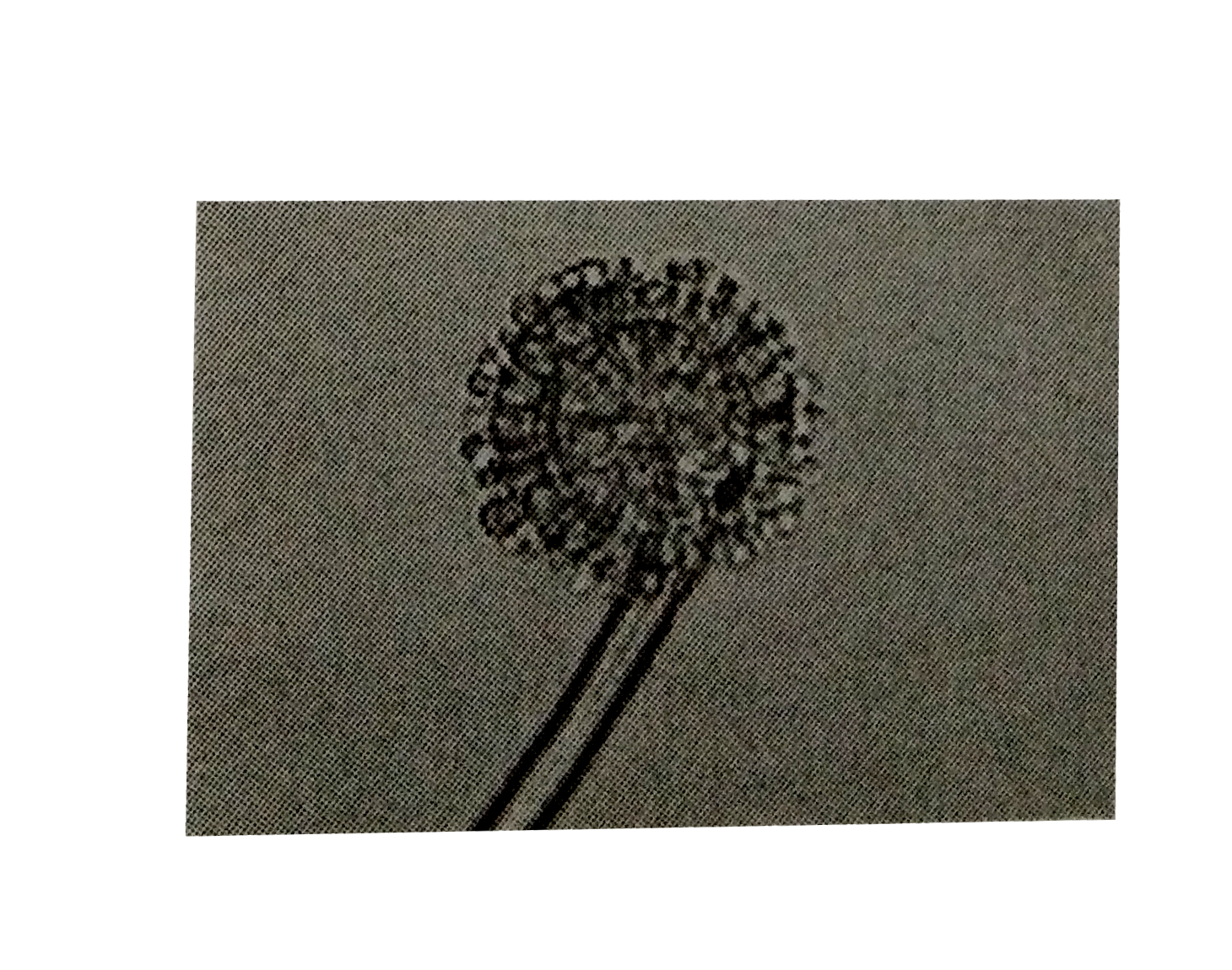All eukaryotic unicellular organisms belong to
Monera
Protista
Fungi
Bacteria
The correct Answer is:B
To answer the question "All eukaryotic unicellular organisms belong to," we will analyze the options provided and determine which group includes all eukaryotic unicellular organisms.
1. Understand Eukaryotic Organisms:
- Eukaryotic organisms are characterized by having a well-developed nucleus and membrane-bound organelles. This distinguishes them from prokaryotic organisms, which lack these features.
2. Define Unicellular Organisms:
- Unicellular organisms consist of a single cell. This means that all the life processes are carried out within that one cell.
3. Examine the Options:
- Monera: This group includes prokaryotic organisms like bacteria, which do not have a well-developed nucleus or organelles. Therefore, Monera cannot include eukaryotic unicellular organisms.
- Protista: This group is known to include unicellular eukaryotic organisms. Organisms in this group can be autotrophic (like algae) or heterotrophic (like protozoa).
- Fungi: While fungi are eukaryotic, most are multicellular. The only unicellular fungus is yeast, which is an exception and does not represent the entire group.
- Bacteria: Bacteria are prokaryotic and, like Monera, do not have a well-developed nucleus or organelles.
4. Identify the Correct Group:
- Since Protista is the only group that includes unicellular eukaryotic organisms, we can conclude that the correct answer is Protista.
Final Answer:
All eukaryotic unicellular organisms belong to Protista.
---
- Eukaryotic organisms are characterized by having a well-developed nucleus and membrane-bound organelles. This distinguishes them from prokaryotic organisms, which lack these features.
- Unicellular organisms consist of a single cell. This means that all the life processes are carried out within that one cell.
- Monera: This group includes prokaryotic organisms like bacteria, which do not have a well-developed nucleus or organelles. Therefore, Monera cannot include eukaryotic unicellular organisms.
- Protista: This group is known to include unicellular eukaryotic organisms. Organisms in this group can be autotrophic (like algae) or heterotrophic (like protozoa).
- Fungi: While fungi are eukaryotic, most are multicellular. The only unicellular fungus is yeast, which is an exception and does not represent the entire group.
- Bacteria: Bacteria are prokaryotic and, like Monera, do not have a well-developed nucleus or organelles.
- Since Protista is the only group that includes unicellular eukaryotic organisms, we can conclude that the correct answer is Protista.
All eukaryotic unicellular organisms belong to Protista.
Topper's Solved these Questions
- BIOLOGICAL CLASSIFICATIONBOOK - NCERT EXEMPLAR ENGLISHCHAPTER - BIOLOGICAL CLASSIFICATIONEXERCISE - Very short
8 Videos
- BIOLOGICAL CLASSIFICATIONBOOK - NCERT EXEMPLAR ENGLISHCHAPTER - BIOLOGICAL CLASSIFICATIONEXERCISE - Short answer
7 Videos
- ANIMAL KINGDOMBOOK - NCERT EXEMPLAR ENGLISHCHAPTER - ANIMAL KINGDOMEXERCISE - LONG ANSWER TYPE QUESTIONS
4 Videos
- BIOMOLECULES BOOK - NCERT EXEMPLAR ENGLISHCHAPTER - BIOMOLECULES EXERCISE - Long Answer Type Questions
5 Videos
Similar Questions
Knowledge Check
The given organism belongs to class
 APhycomycetesBBasidiomycetesCAscomycetesDDeuteromycetes.
APhycomycetesBBasidiomycetesCAscomycetesDDeuteromycetes.
The heterotrophic, eukaryotic, multicellular organism without cell wall is included in the kingdom
View SolutionUnicellular organism are capable of
View SolutionAll protists are unicellular.
View SolutionName two sexually reproducing unicellular organisms.
View SolutionTwo kingdom system did not distinguish between the eukaryotes and prokaryotes, unicellular and multicelllular organisms and photosynthetic (Autotrophs) and non-photosynthetic (Heterotrophs) Organisms. These are demerits of two kingdom system. (True/False)
View SolutionCan you consider cell division as a type of reproduction in unicellular organism? Give one reason.
View SolutionAll eukaryotic cells are not identical
View Solution
